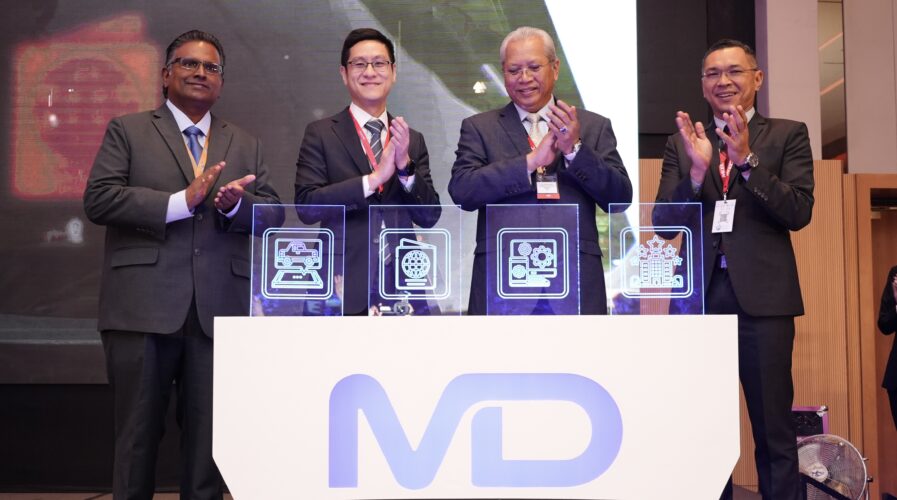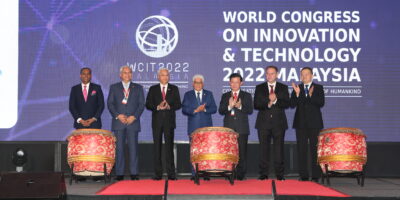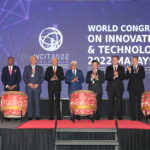
(Source – MDEC)
Malaysia launches DE Rantau Nomad Pass to attract digital nomads
As the demand for talent continues to increase across the Southeast Asia region, most countries are now coming up with a variety of programs to attract them. With tech talents becoming increasingly in demand, the competition among countries in the region in wooing them over is growing as well.
Take Singapore for example. The government recently announced the Overseas Networks and Expertise Pass for foreign employees as well as the ability to extend tech visas in a move to retain and attract more workers.
Interestingly, attracting talent by relaxing Visa requirements and such may not be the most attractive for some tech talent today. In fact, as the world moves towards more hybrid working environments, more tech talents are becoming digital nomads and are preferring to work from anywhere.
Currently, Singapore, Indonesia, Thailand, Vietnam and Malaysia are the preferred destination for digital nomads. Digital nomads refer to individuals who work remotely but are traveling for various reasons and lengths of time. Simply put, digital nomads refer best to employees with the work from anywhere flexibility available to them.
There is no denying that even before the COVID-19 pandemic, there has been an increase in digital nomads, especially in the tech industry. Today, a developer could be working on his laptop in a remote location or another country away from the office, and still be able to get work done.
As such, the Malaysian government has launched DE Rantau, a program aimed at establishing Malaysia as the preferred digital nomad hub to boost digital adoption and promote digital professional mobility and tourism across Malaysia. The DE Rantau Nomad Pass, which was also introduced will allow foreign digital nomads to stay in Malaysia for a period of 12 months.
The Malaysia Digital Economy Corporation (MDEC) together with the communications ministry in Malaysia will create a vibrant ecosystem that can support the digital nomad lifestyle to be able to regain the balance in working and living.
Tan Sri Annuar, the minister for the Ministry of Communications and Multimedia Malaysia, said that despite facing close competition with other ASEAN nations, Malaysia has all the right ingredients to be the most attractive choice for digital nomads.

(Source – MDEC)
“Aligned with Malaysia Digital (MD), the DE Rantau program will help solidify Malaysia’s path to becoming the preferred digital nomad hub of the ASEAN region. We have a robust infrastructure, affordable cost of living, cultural diversity, a multilingual population, delicious cuisines, and many more offerings to strengthen our position,” said Annuar.
The minister also pointed out that while the digital nomad lifestyle is nothing new, it is the pandemic that accelerated the trend of more people choosing to embrace a location-independent, tech-enabled lifestyle, allowing them to work and live wherever their hearts desire.
Driving this initiative, MDEC will oversee the development of digital nomad hubs and comprehensive local ecosystems suitable for the digital nomad lifestyle. This includes specially curated services and facilities for productive and memorable nomad experience around the country. This will be done in collaboration with various industry players as well as the onboarding of digital nomads via outreach and awareness programs and visa facilitation of DE Rantau Nomad Pass.
“Through DE Rantau Hubs and a thriving ecosystem, there can be knowledge and experience sharing among local and foreign nomads, leading to the creation of a vibrant and knowledgeable local community and businesses,” added the minister.
The program is expected to inject a total of RM4.8 billion into the local economy by the year 2025. Additionally, in its first phase, the identified digital nomad hubs will include Penang, Langkawi, Kedah, and Kuala Lumpur.
Under the Malaysia Digital (MD) initiative, DE Rantau is one of the first two Malaysia Digital Catalytic Programmes (PEMANGKIN) planned for 2022. It is designed to create substantial economic spillover through equitable access to digital tools, knowledge, and income opportunities.
READ MORE
- Ethical AI: The renewed importance of safeguarding data and customer privacy in Generative AI applications
- How Japan balances AI-driven opportunities with cybersecurity needs
- Deploying SASE: Benchmarking your approach
- Insurance everywhere all at once: the digital transformation of the APAC insurance industry
- Google parent Alphabet eyes HubSpot: A potential acquisition shaping the future of CRM


